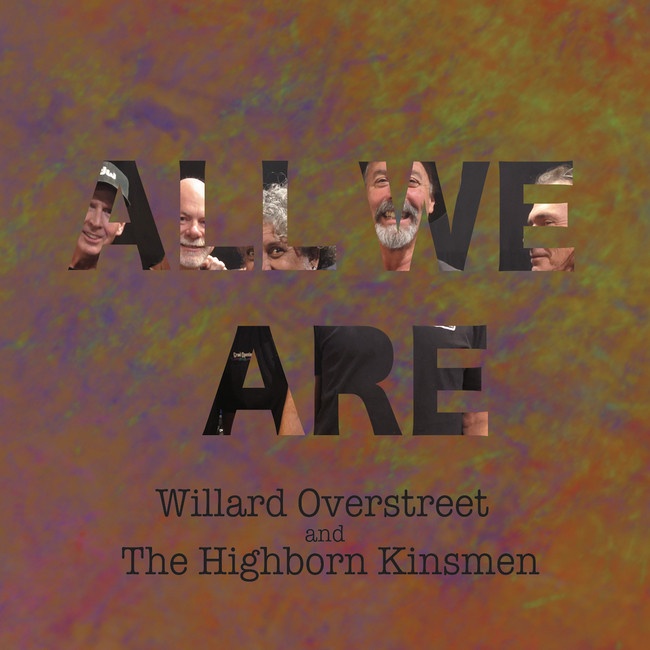

In an America where a minor property dispute is indisputably and ostensibly irrevocably, tied up in questions of race, generational differences, politics, and culture. Native Gardens is a contemporary play, allusions to present-day political happenings serve to ground it in the here and now. As the production builds to an absurdist climax, one finds oneself laughing not just at the characters, but as oneself, for getting so caught up in such a frivolous disagreement. The point seems to be, as Virginia rather ironically pushes towards Frank, that “Just because you don’t like what you hear, doesn’t mean you shouldn’t listen.” There can be no resolution until she, and everyone else, starts to heed her advice. Native Gardens is not just a play with conflict, it is a play fundamentally about conflict and the ugliness it brings out in everyone when we refuse to view compromise as an option. Fortunately, there is no shortage of irony, one liners, and topical quips to break up the tension for those in front of the stage, if not for those on it. And unlike those comfortable narratives, Native Gardens is not easy to digest, the audience is forced to wrest with themselves and their own paradigms as the characters wrest with each other on the stage. Unlike most of the comfortable, familiar stories we consume, there is no clear answer, no clear hero, and at different points everyone seems to be the villain. (After all, “You’re accusing us of what?” asks Virginia, “Planting flowers ?”) Is it a narrative about a young, latinx couple trying to build their life and claim their own despite the entitled resistance of an established, white pair? Or is this the story of two young upstarts trying to assert their authority and destroy the beloved and harmless pastime of an elderly man with Parkinson’s for their own financial gain? Gall evades the possibility of his quieter character being overshadowed by the larger personalities on stage with a wonderfully subtle performance Satire or not the ensemble is developed enough that trite stereotype never comes into the question.Īs the conflict mounts, and the tally board of fouls committed by both sides steadily increases, it becomes impossible for the audience to pick a side. Phillip Ray Guevara’s Pablo develops gradually, his mild-mannered demeanor sliding back to reveal the ambition and obstinacy that’s put him in the running for partner.Ī few feet over, Julie Briskman’s Virginia refuses to be second to anyone, her maternal heart warring with a steel spine as she rushes to defend her fragile husband, the lovely and laughable, Frank. On the scrubbier side of that fence, Sophie Franco is charming as Tania, whose hugely pregnant belly won’t stop her dancing with the landscapers, nor stridently lecturing her new neighbours about the ecological benefits of wild and messy native gardening.

Their new neighbours, Frank and Virginia Butley, are quick to welcome them to neighbourhood with wine and chocolate (fine wine and chocolate of course).īut despite a deceptively optimistic start to the neighbourly relationship, dissension rapidly starts to take root when a surveyor reveals that Frank’s cherished flower beds have encroached two feet into Pablo and Tania’s newly acquired property. Pablo seems one big push away from making partner while Tania is scrambling to finish her dissertation in the weeks before the birth of their first child.


Tania and her Chilean immigrant husband Pablo have just bought a house on a stately Georgetown street in D.C. In their final production of the summer, Intiman Theatre is taking on Native Gardens, written by Karen Zacarías, and directed by Arlene Martínez-Vázquez at the Jones Play House.


 0 kommentar(er)
0 kommentar(er)
